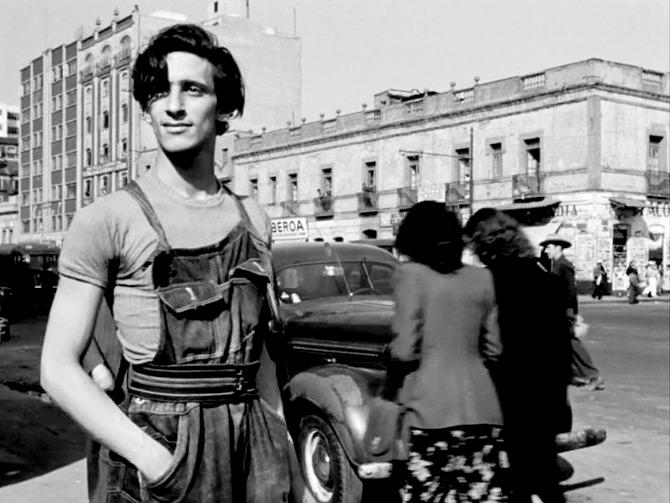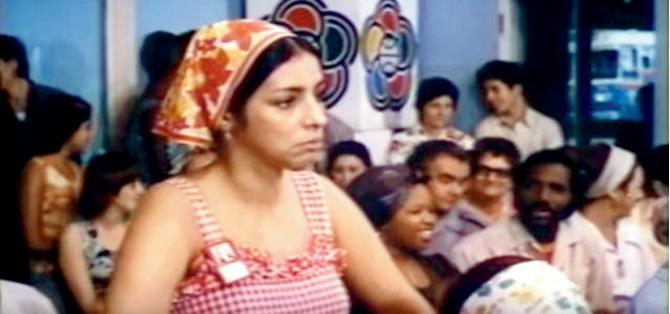A former director of the New York Film Festival will explore the cinematic movements that emerged from the region through films and a lecture series


Los Olvidados
ADVERTISEMENT
A professor of film studies at Columbia University and former director of the New York Film Festival, Richard Pena has engaged with, and exposed audiences to the richness of world cinema, for decades. As he arrives in the city for a lecture series on Latin American cinema organised by Dr Bhau Daji Lad Museum in collaboration with Columbia Global Centers, Mumbai, we chatted with him about his love for celluloid and beyond. Excerpts from an interview:
Your work spans Latin American, African, European and Asian cinema. How did you get interested in such diverse films?
At times, I wonder why everyone is not interested in all forms of cinema. World cinema is offering us a banquet, yet most people seem satisfied to eat at McDonalds.

Richard Pena
My first experience with Latin American cinema led me to the others. When I visited the continent in 1974-75, and saw so many wonderful films, I was somewhat angered that they were not part of, at least in the US, the conversation on world cinema. It made me curious as to who else was being left outside that conversation.
What makes Latin American cinema unique?
As the great Brazilian film critic and theorist Paulo Emilio Salles Gomes once wrote, "To us Latin Americans, nothing is foreign because everything is." Latin America is and is not part of the West, so that has allowed it to have a kind of insider/outsider status to Western culture. It can see through the West's contradictions, while in some way being part of them.

Stills from Portrait Of Teresa
Tell us about the curated films that you will discuss at the lecture series.
I tried to pick films that had three levels of resonance: they were excellent; they were evocative of certain changes and developments in Latin America and its cinema; they were films that I think are in dialogue with major movements within international cinema, such as neorealism, modernism, feminism and postmodernism.
Among the many retrospectives you have organised, you chose Ritwik Ghatak and Amitabh Bachchan from Indian cinema. Why choose them?
Ghatak is one of my favourite filmmakers; a true original who had a fascinating and provocative approach to making films. There's a boldness to his work that is breathtaking. Mr Bachchan is one of the cinema's true stars, an electrifying screen presence whose persona looms over his every role.
After the 9/11 attacks when Abbas Kiarostami was refused a US visa, you were vocal about the message being sent out. What are your views on the current circumstances in the US?
I cannot imagine anything more counterproductive than US President Trump's attempts to ban or limit the travel of Muslims. As the child of immigrants, I know how important the idea of the US as a land of opportunity that welcomed all was to my parents. Sadly, he and his ilk have managed to build on fears of "the other" to push through their hateful policies, without offering a shred of evidence as to why these policies are needed, let alone just.
 Subscribe today by clicking the link and stay updated with the latest news!" Click here!
Subscribe today by clicking the link and stay updated with the latest news!" Click here!






